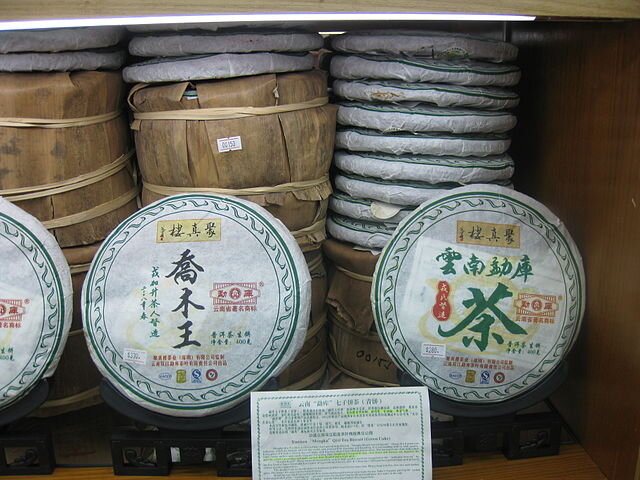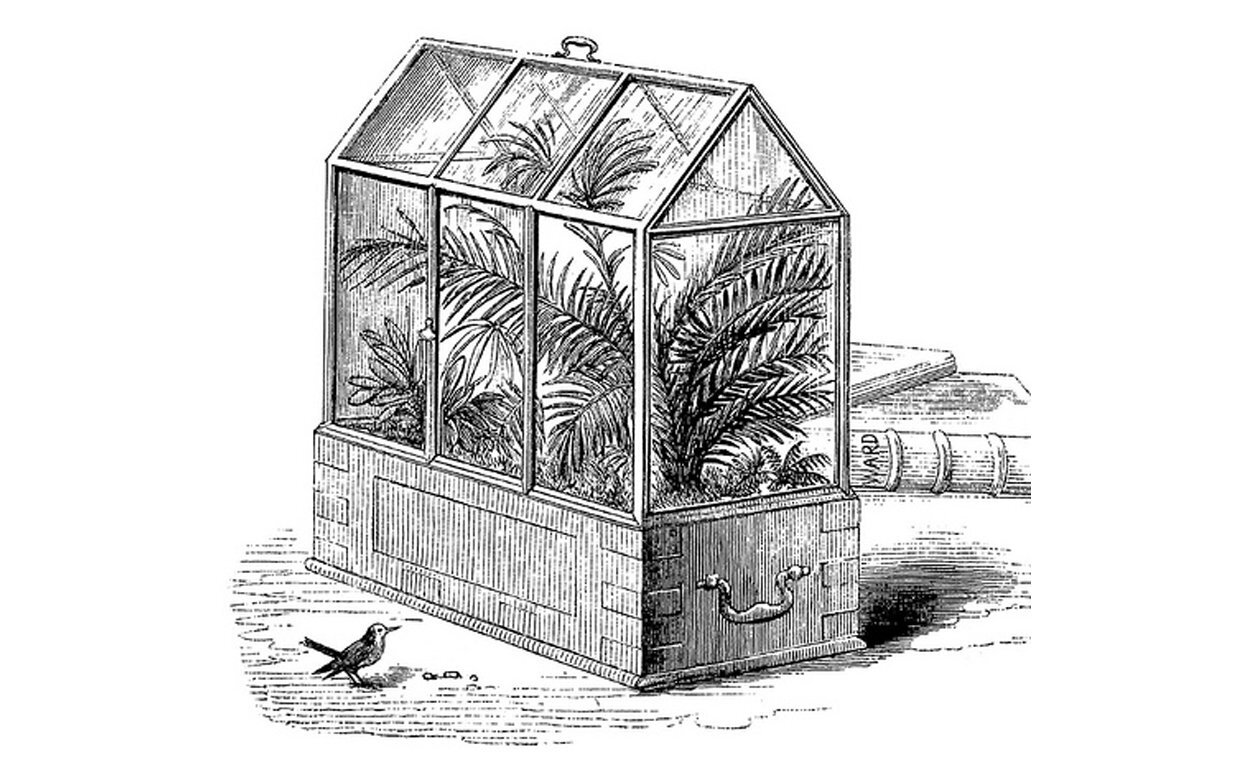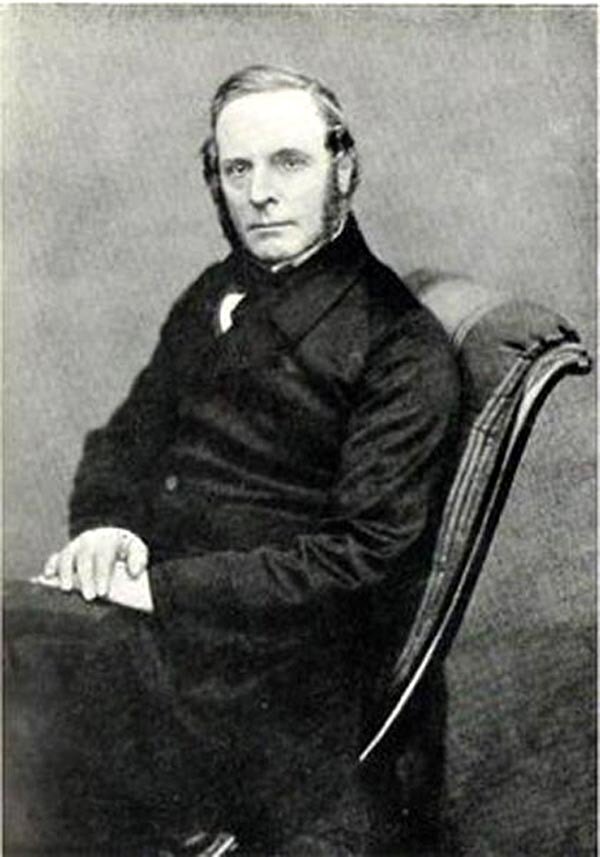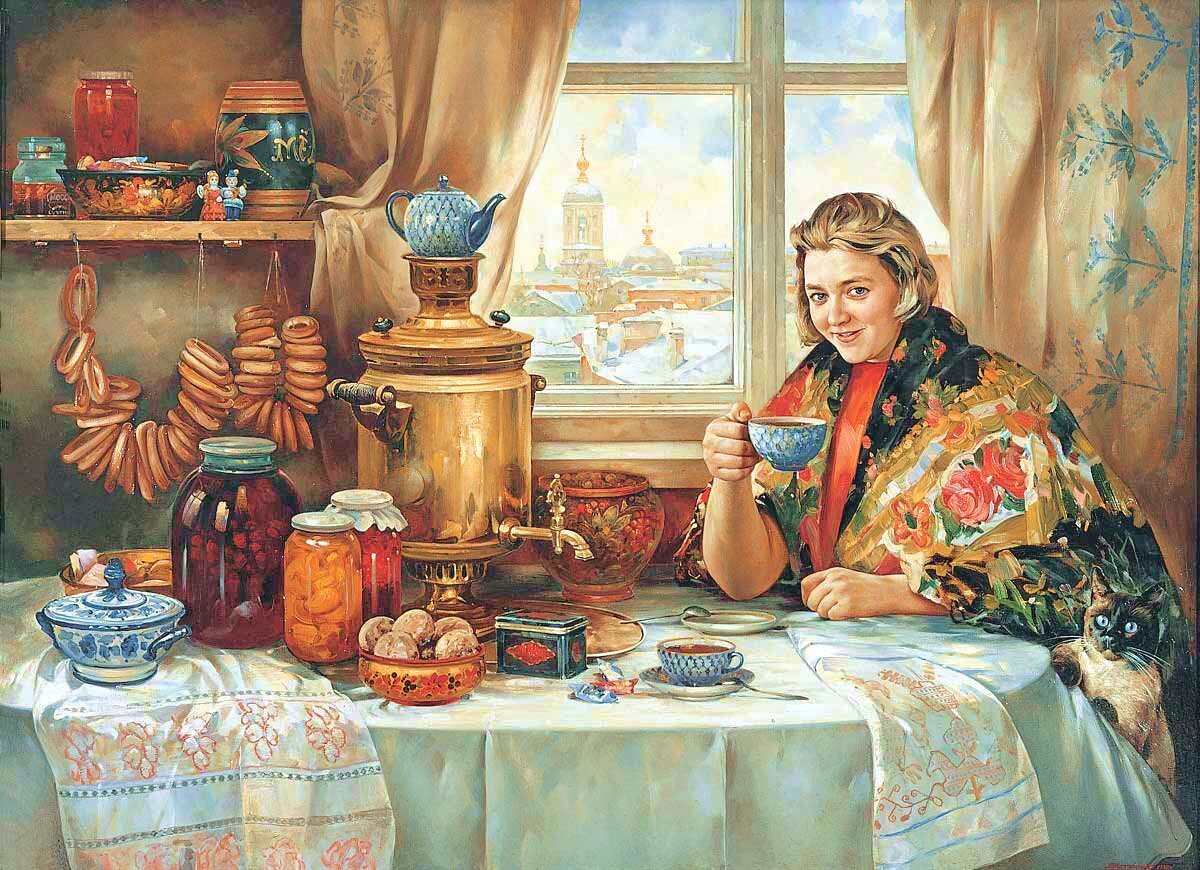Ep. 18 | Pu-Erh Tea
In this episode, we focus on the category of tea that is most admired by many tea experts the world over. Pu-Erh tea was introduced sometime during the Ming Dynasty and in time, became the oft-called "King of Teas" for its rich and unique flavor, wholly unlike any other tea produced in China.
Listen On Your Favorite Podcast Player
Terms in Episode
| Pinyin/Term | Chinese | English/Meaning |
|---|---|---|
| Pǔ-Ěrh chá | 普洱茶 | A kind of fermented tea grown in Yunnan that has its own category and a taste all its own |
| chárén | 茶人 | A "tea person", someone who loves tea and is expert in the subject |
| Dìjíshì | 地级市 | A prefecture-level city |
| Xīshuāngbǎnnà | 西双版纳 | Officially called the Xishuangbanna Dai Autonomous Prefecture, in southern Yunnan |
| Kūnmíng | 昆明 | Capital of Yunnan Province |
| Chama gudao | 茶马古道 | The Ancient Tea Horse Road |
| Yìwǔ | 易武 | A town in Mengla County, Xishuangbanna Prefecture |
| Yìwū | 义乌 | City in Central Zhejiang famous for it's merchandise market |
| Sīmáo | 思茅 | The city of Pu-er was renamed Simao after Liberation but now re-named to Pu-er |
| Yíxīng | 宜兴 | A county-level city in Jiangsu famous for many things including its famous Yixing tea ware made from the special clay found in that region |
| Dàyè | 大叶 | Big Leaf |
| Shānzhài | 山寨 | a Chinese term literally meaning "mountain fortress" or "mountain village" whose contemporary use usually encompasses counterfeit, imitation products and events and the subculture surrounding them |
| qī zǐ bǐngchá | 七子饼茶 | "seven brother tea cakes", a kind of packing method for compressed Pu-er tea cakes |
| Jiànmiànlǐ | 见面礼 | A gift presented to someone upon seeing them for the first time |
| Yúnnán | 云南 | Province in southwest China |
| Sìchuān | 四川 | Province in southwest China |
| tèdiǎn | 特点 | characteristic, distinguishing feature, trait |
| Shēng Pǔ-Ěrh | 生普洱 | Raw pu-erh tea that has not ripened or undergone the wodui process |
| Shóu (Shú) Pǔ-Ěrh | 熟普洱 | Also called Shú Pǔ-ěr, means Ripe Pu-Erh |
| wòduī | 涡堆 | A kind of process developed to speed up the ripening process of pu-erh tea |
| Wò | 涡 | to moisten |
| Duī | 堆 | mounds or piles |
| gǔshù | 古树 | an ancient tree |
| Hēichá | 黑茶 | Black tea or dark tea like Pu-erh |
| hóngchá | 红茶 | Red tea. But in the West this category is called "black tea" |
| cǎichánü | 采茶女 | Tea pickers (女 means girl). Not all tea pickers are female however |
| shā qīng | 杀青 | To "kill the green", one of the steps used in tea processing. This one stops the enzymes from turning the tea black |
| róuniǎn | 揉捻 | The polling and pounding process of tea-making |
| Máochá | 毛茶 | Raw pu-erh tea that can be turned into "sheng" or "Shu/Shou" Pu-Er tea |
| Kūnmíng Chá Chǎng | 昆明茶厂 | The Kunming Tea Factory, where the wodui process was invented |
| bǐngchá | 饼茶 | Tea that has been compressed into a cake form |
| tuóchá | 沱茶 | Tea that has been compressed into a cake form in a particular way described as "birds nest" shaped |
| hē xibeifēng | 喝西北风 | To drink the Northwest Winds...to suffer some calamity |


























The tea trade transforms into an entire industry and becomes the most important traded commodity of the British East India Company